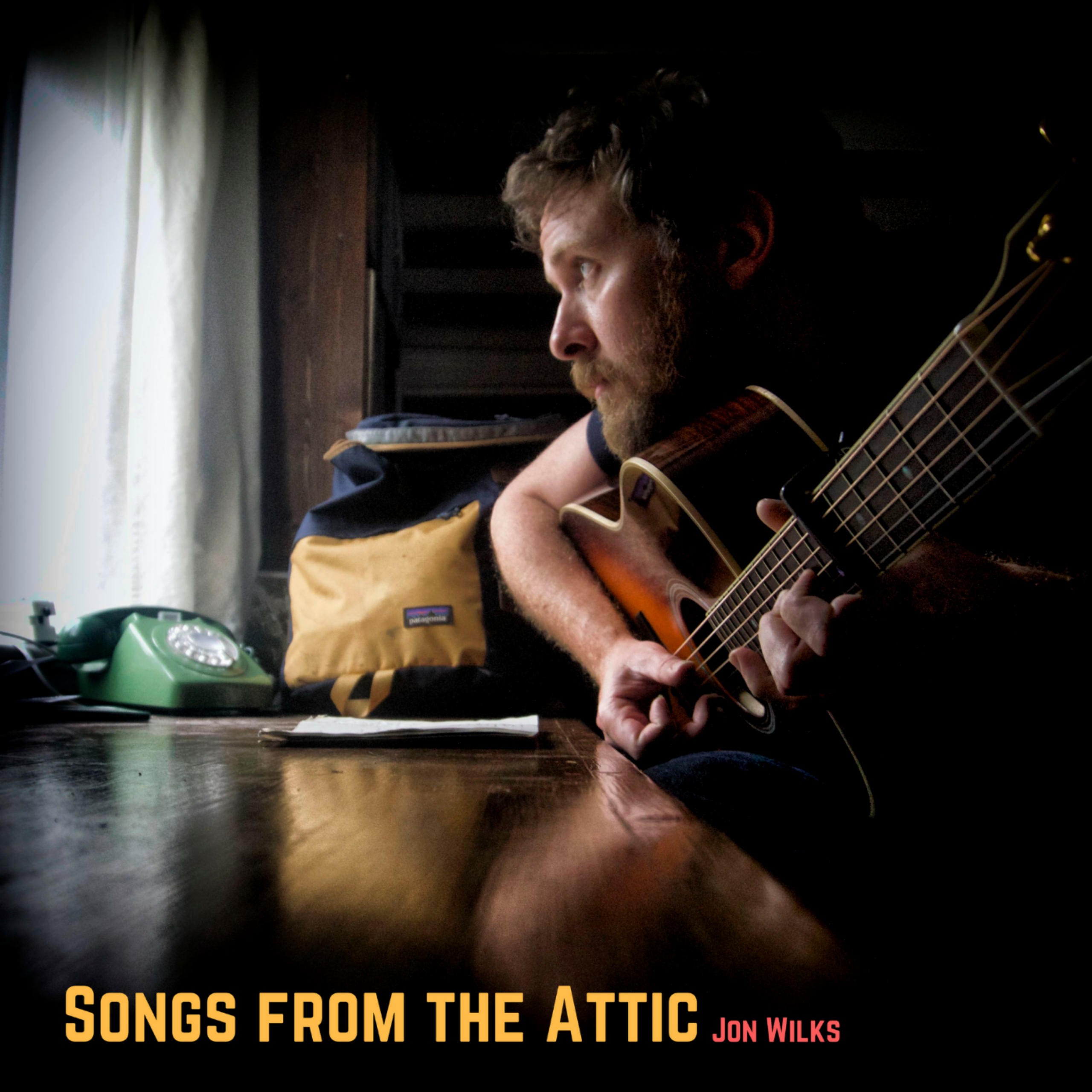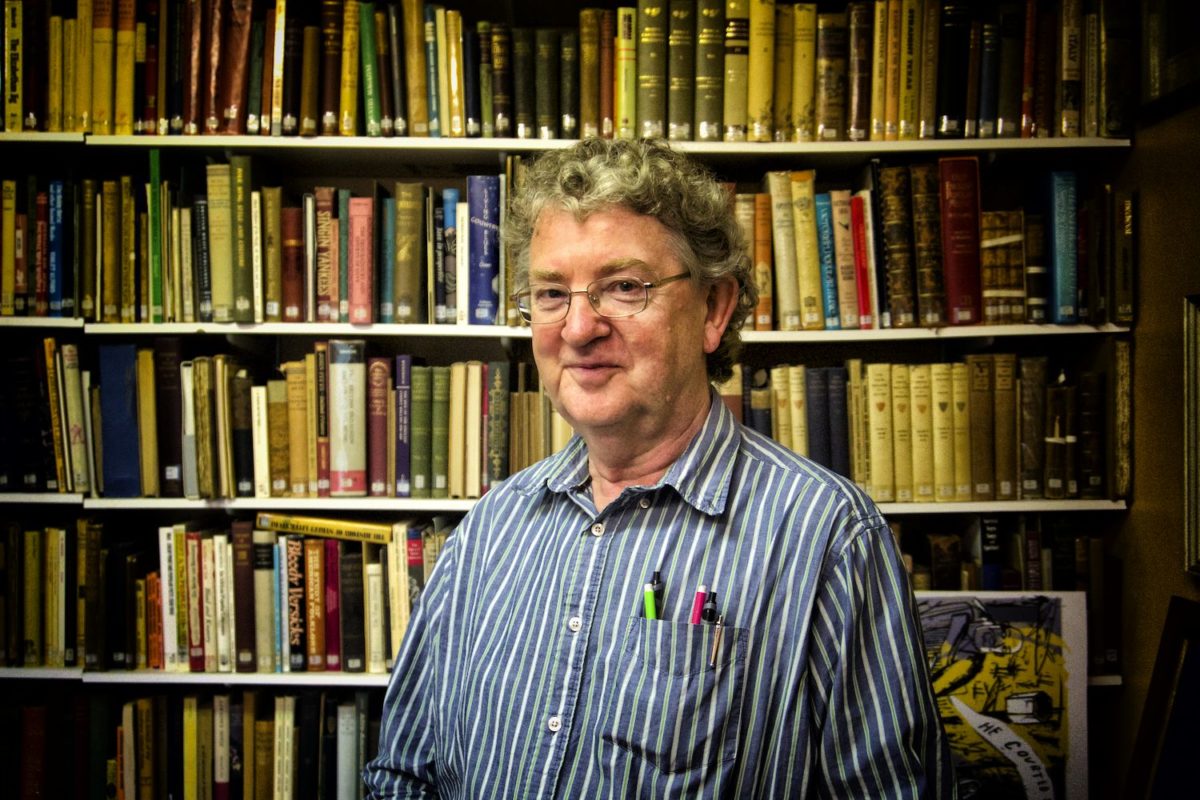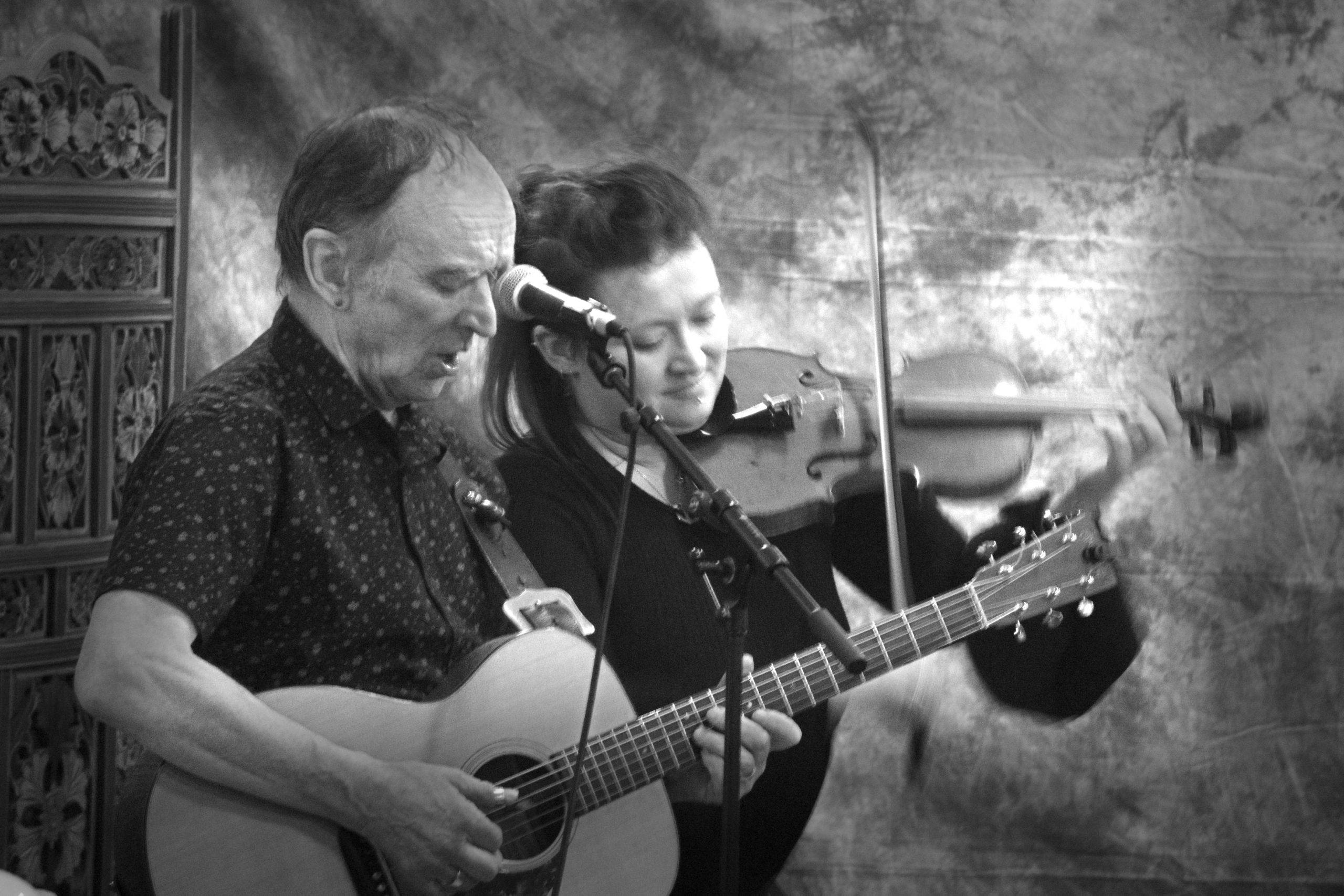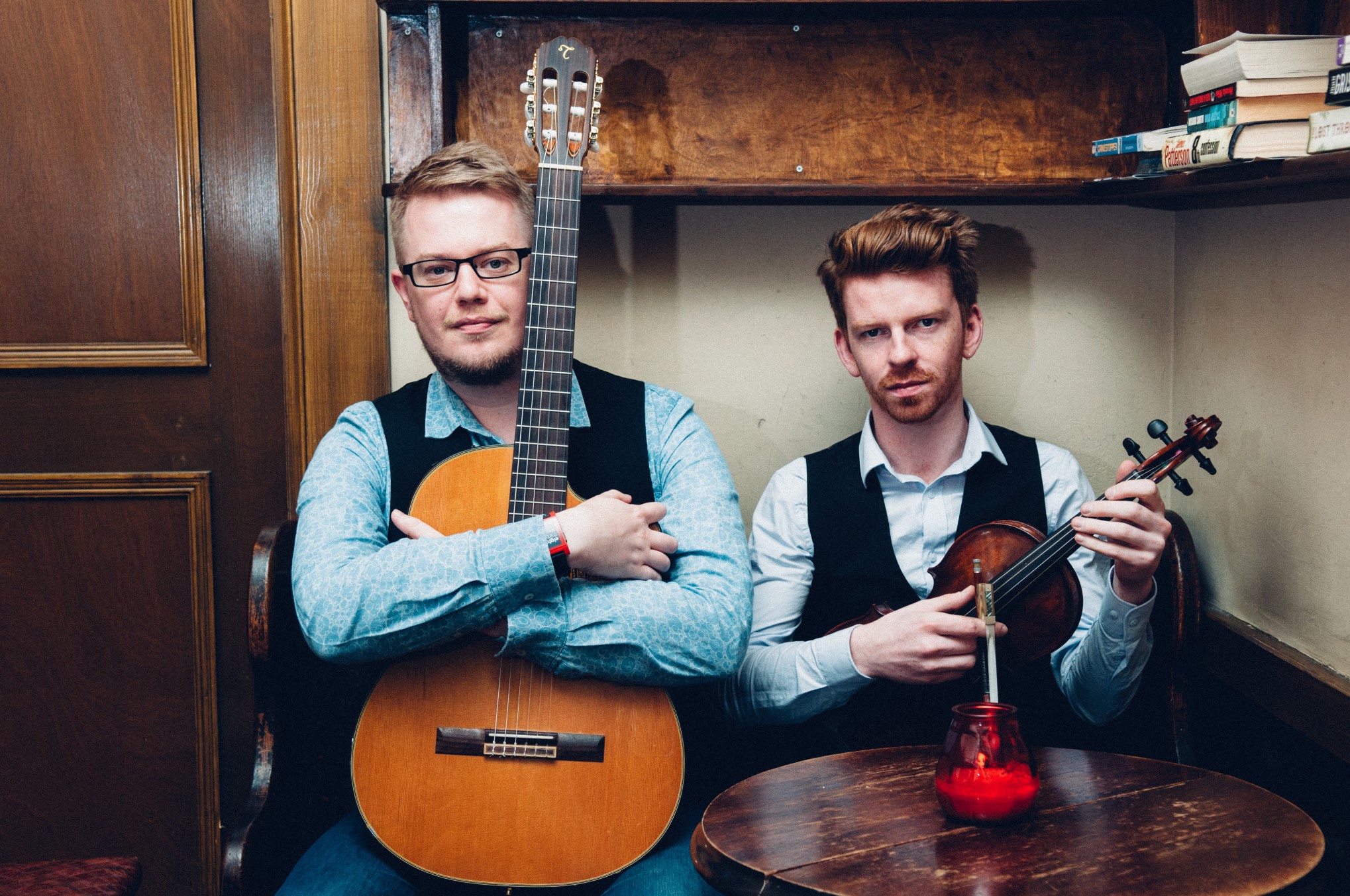Category: Writing
-

Songs from the Attic
“His love for folk music manifests itself throughout this lovely album.” – Folk Radio UK “Songs From the Attic is a genuine, carefully considered album which is made with a lot of heart. It deserves to be noticed.” – Bright Young Folk Songs from the Attic, the album, was the result of nine months spent researching…
-
The Greenland Whale Fishery | Folk from the Attic
Fresh from my Steve Roud interview, having learnt that the folk singer is an entirely modern construct, today I found myself itching to get my guitar out and dive into an old sea shanty. Let’s be clear, though: while this is some kind of performance of ‘The Greenland Whale Fishery’, it doesn’t in any way…
-

Steve Roud interview: What is folk music, exactly?
Over the eight months I’ve been running this blog, I have – because it genuinely interests me – repeatedly asked interviewees for their folk music definition. It hasn’t been terribly easy, to be honest with you. Some react well, clearly delighted to be asked the very question they’ve been secretly pondering for years themselves, while…
-

The Best British folk songs, as chosen by British folk singers
This article on traditional folk music is part of an older blog series called Grizzly Folk. Since it was made, I’ve started making a series called The Old Songs Podcast. Click on the link or the drop-down menu above to take a listen. When I first came to traditional folk music, I stood at the foot…
-

Andy Bell: Chatting with a folk producer in demand
If you’re a fan of the contemporary folk scene, the chances are that you’ve been listening to Andy Bell’s work for some time. A kind of unsung hero, he has been working with some of the genre’s biggest artists for a decade or more, and his relatively new label – Hudson Records – is home…
-

Ross Couper & Tom Oakes: The Interview
There are so many ways to interview musicians these days – phone, Skype, WhatsApp (yes, it’s possible) – but nothing beats sitting backstage at a festival, face to face, with the music from the main stage pounding away in the background. That’s the setting for the second half of this double interview with Ross Couper…
-
Martin Simpson, ‘Trails & Tribulations’ – a review
The life of a folk musician in 2017 is something of a nomadic ritual. In search of audiences, you spend huge amounts of time traversing A-roads, B-roads, deserted night motorways lit in murky orange and country lanes lit by nothing at all. It’s time spent thinking, working things out, meandering down half forgotten memory lanes,…
-
Photos from Wickham Festival 2017
Wickham Festival is a decade and a half old, so you get the sense it ought to be better known. At the same time, you kinda hope it stays as intimate as currently is. Set on the southwesterly tip of the South Downs, it’s a real gem of a festival – a gorgeous location, an…
-

Rosie Hood on folk song collecting in the 21st Century
In the months that I’ve been interviewing folk singers for this blog, one thing that tends to come across perhaps more strongly than anything else is the sense of enthusiasm for the subject. It doesn’t seem as though traditional folk music, in England at least, is something you get into lightly. It becomes a bit…
-
Marry Waterson on Bright Phoebus: an album of myth and magic for all the family
The great ‘lost’ folk album, Bright Phoebus, means a huge amount to a lot of people, most of whom assumed that it would remain lost given that its two central figures – Lal and Mike Waterson – have now passed away. But a springtime announcement changed all that when it was revealed that Lal’s daughter, the artist…